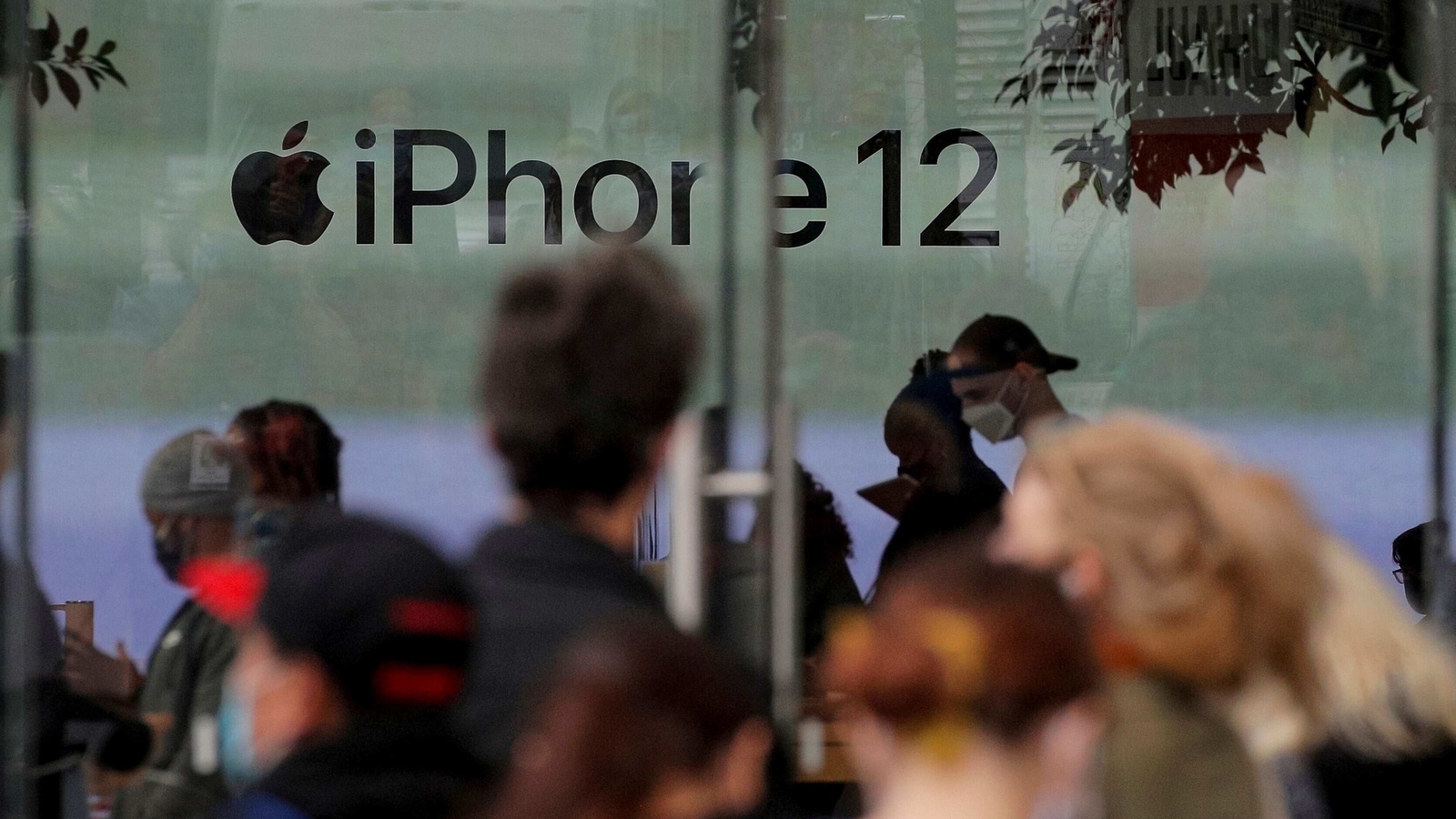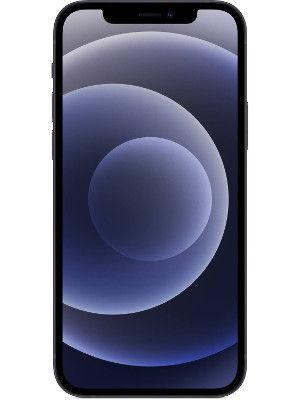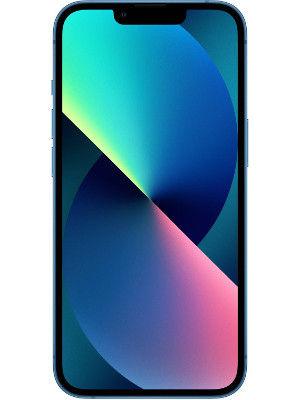Apple updates Platform Security Guide with new changes coming with the M1 chip
Apple’s latest security update is a 200-page tech guide that details all the features the company uses to protect users and their devices.

Apple has updated its Platform Security Guide to highlight the key changes implemented across iPhones, iPads and the Mac. The nearly 200-page comprehensive technical guide, that you can check out here, details all the features Apple uses to protect users, their devices and their data.
One of the biggest upgrades in this domain is the Apple M1 chip, that was introduced last year, and all the security features that are available through that.
This updated Platform Security Guide has been revised over 10 months and covers iOS 14.3, iPadOS 14.3, the macOS Big Sur 11.1, tvOs 14.3 and watchOS 7.2. There are 11 new topics added to the Platform Security Guide that cover key security changes that are available to Mac users through the Apple M1 chip, the company's own silicon.
This intensive guide includes information about security elements that are in place to cover a secure boot process for the new Mac machines and also the authorisation requirements needed for enabling kernel extensions on all Apple Macs based on the M1 chips.
In addition to this, the updated Platform Security Guide talks about the security upgrades available on the iPhone and the iPad through iOS 14 and iPadOS 14 updates.This updates include the iBoot implementation that is limited to those iPhones that are based on the Apple A13 Bionic and later and on iPads running on the A14 Bionic.
The Platform Security Guide also talks about the software and hardware updates brought about in the devices in the past to enhance security on them including Touch ID and Face ID. Both these features were introduced to make user experience better through biometric authentication, over and above the passcode protection.
Now, Apple pointed out that when devices just had passcode protection, only about 49% of users were actually setting up a passcode. So, 51% felt they did not need a passcode or that punching in a six-digit code every time to unlock the device was cumbersome. This is what brought about the need to introduce biometric authentication alongside passcode protection. Post the introduction of these new security measures, over 92% users chose to opt for Touch ID, according to company data.
Apple is also going to bring in the ability to unlock the iPhone through the Apple Watch soon. So how does the company intend to secure this given there is no physical connection between the two devices?
Apple explained that the Apple Watch has a secure enclave as well, like all of Apple's other products, so when the watch unlocks an iPhone, the two secure enclaves on the two devices communicate with each other directly. So this means that the reliance is not on any other parts of either one of the devices to unlock the phone. Once the secure enclave on the watch establishes a secure pairing with a secure enclave on the iPhone, only that particular Apple Watch will be able to issue an unlock command, protected by strong cryptography, to that paired iPhone.
This essentially makes this “connection” safer than ever. Can it be intercepted? Sure, says Apple, one can try but they will have to break through the heavily encrypted “gibberish” to try and reverse-engineer it and hijack it.
But like any secure system anywhere, what Apple has in place is not foolproof. The company has bug bounty programs in place with sizeable rewards to ensure issues can be stemmed before it gets worse.
Catch all the Latest Tech News, Mobile News, Laptop News, Gaming news, Wearables News , How To News, also keep up with us on Whatsapp channel,Twitter, Facebook, Google News, and Instagram. For our latest videos, subscribe to our YouTube channel.
































